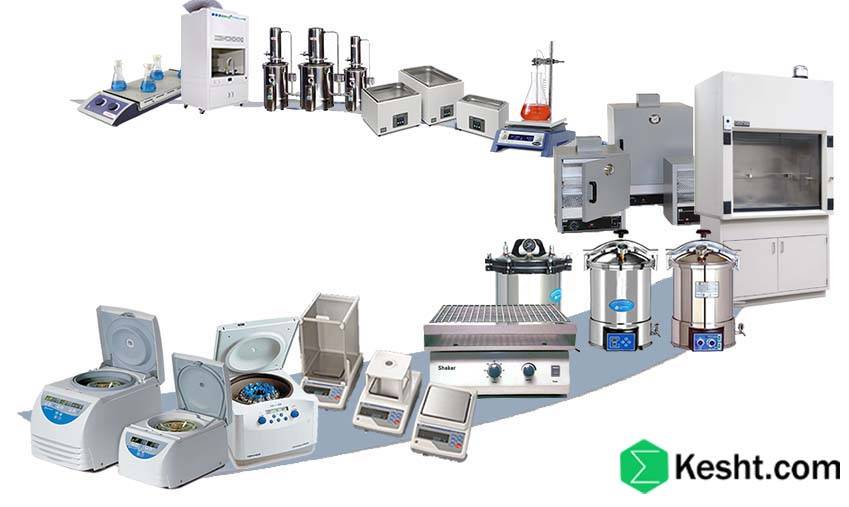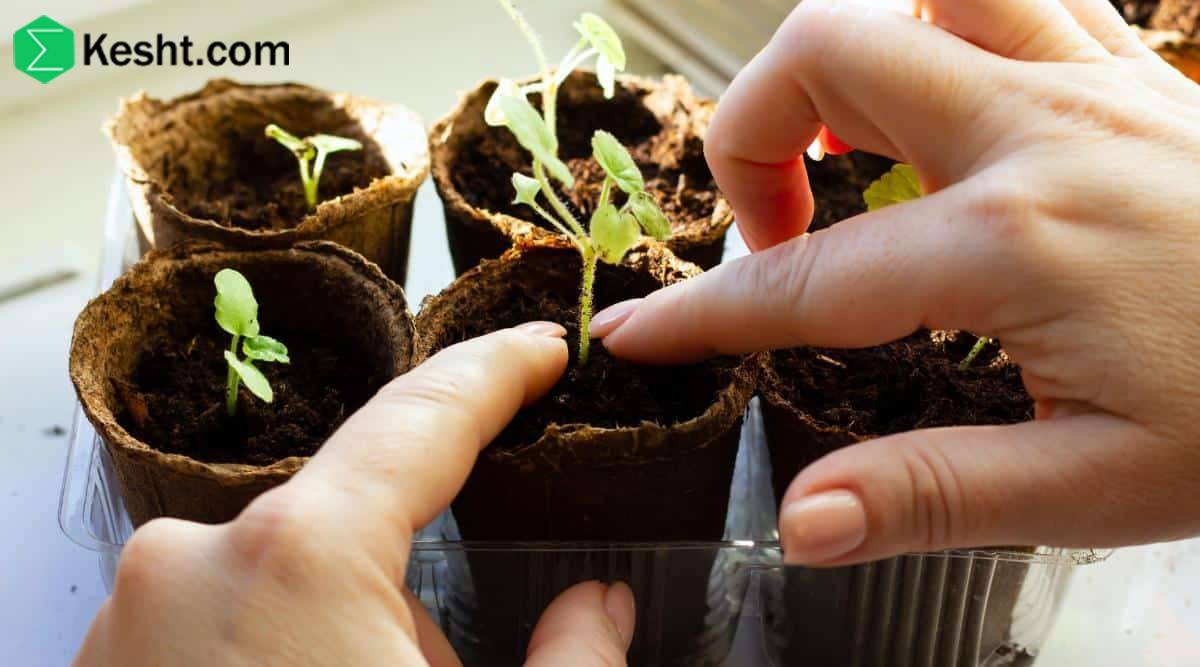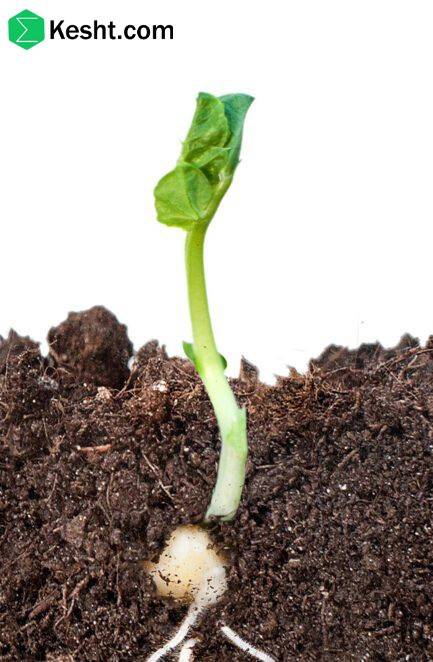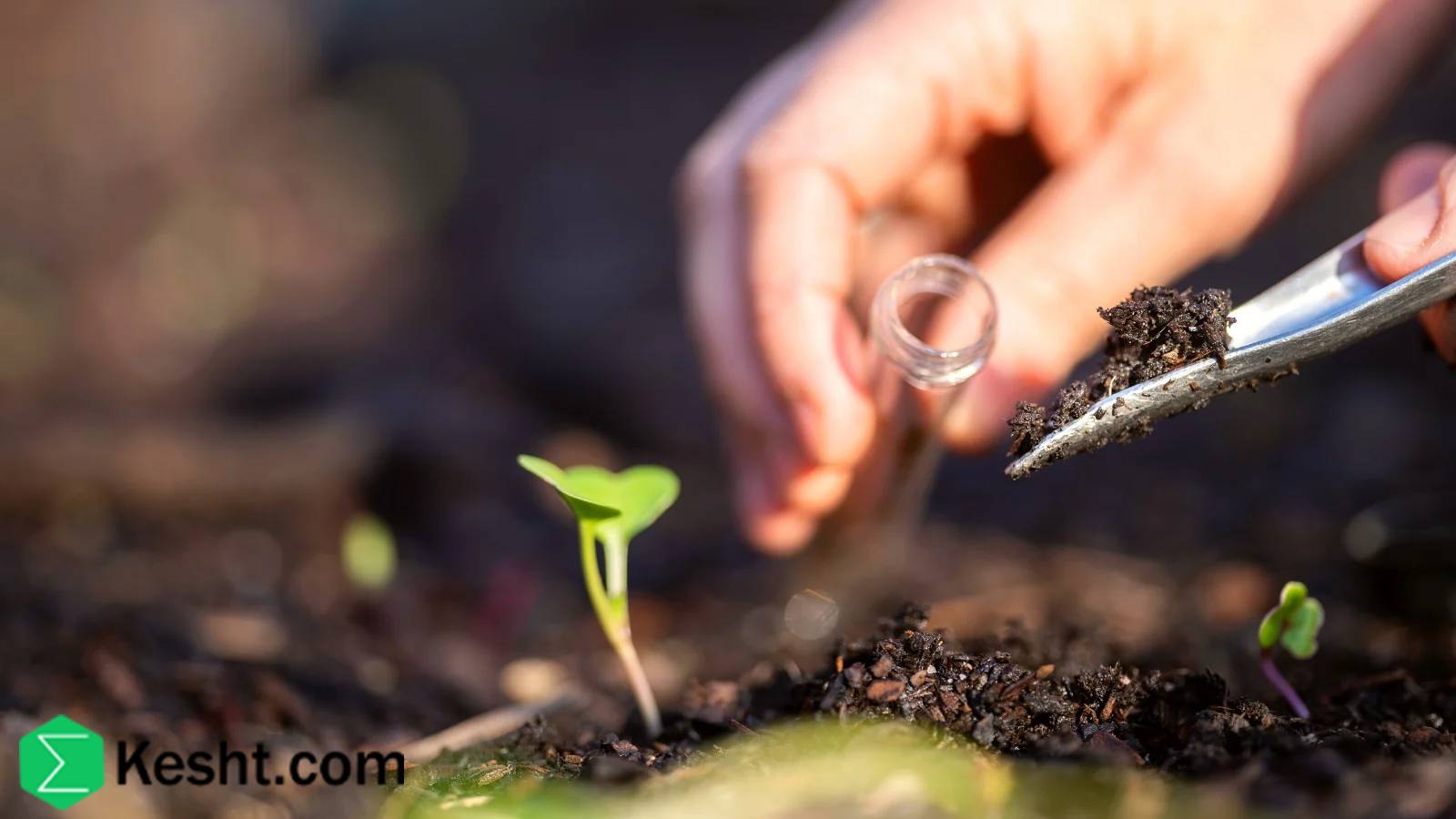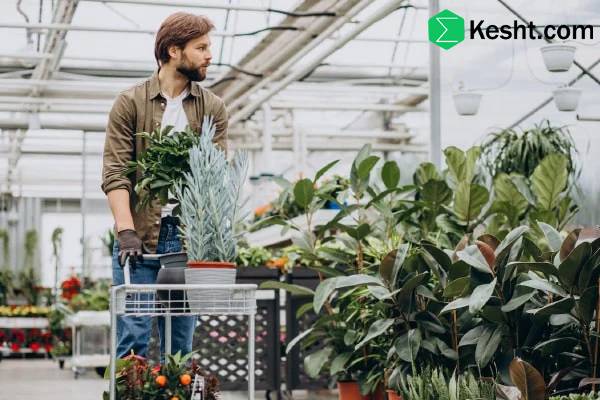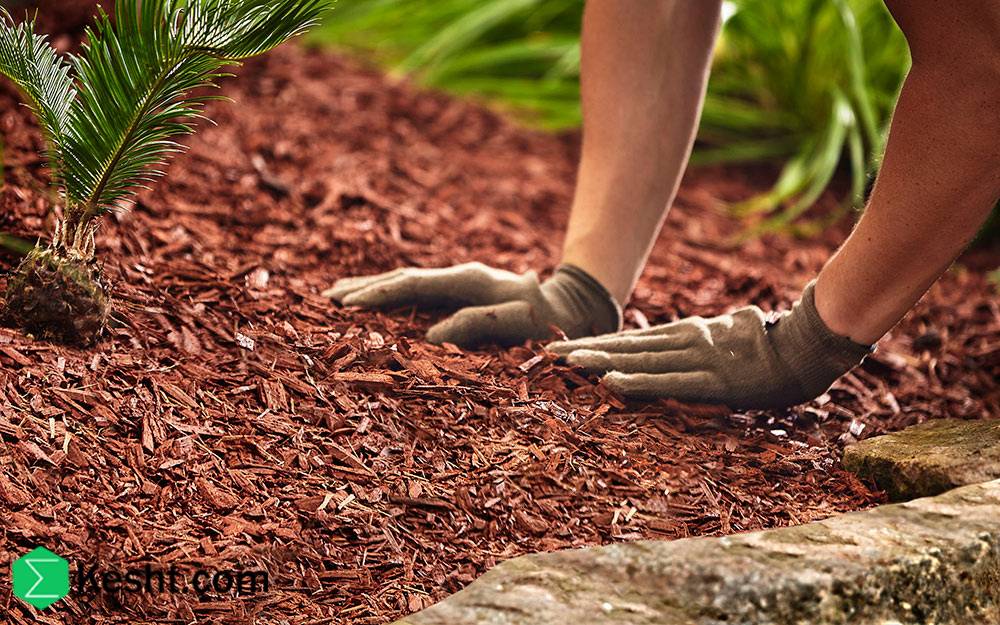Suppliers of Laboratory Equipment
Description: One of the largest suppliers of laboratory equipment and chemicals.
Products: Analytical devices, microscopy equipment, and chemicals.
Description: Provider of laboratory equipment and consumables with extensive services.
Products: Laboratory supplies, glassware, and chemicals.
Description: Supplier of chemicals and biological materials for scientific research.
Products: Chemicals, laboratory kits, and accessories.
Description: Specialist in analytical equipment and laboratory instruments.
Products: Chromatography devices, microscopy, and biochemical instruments.
Description: Supplier of laboratory equipment and materials focused on science and research.
Products: Microbiology equipment, chemicals, and accessories.
Eppendorf
Description: Known for producing precise laboratory equipment, especially in biotechnology.
Products: Pipettes, centrifuges, and cell culture equipment.
Waters Corporation
Description: Provider of analytical solutions, particularly in chromatography.
Products: LC/MS devices and analytical equipment.
Bio-Rad Laboratories
Description: Supplier of equipment and materials for biological and medical research.
Products: Diagnostic kits, electrophoresis equipment, and cell culture systems.
Important Tips
Research and Comparison: Be sure to research and compare prices and services before making a purchase.
Technical Support: Purchase from suppliers that offer adequate technical support and after-sales services. These suppliers are typically recognized globally and can meet various laboratory needs.
If you are interested, it is recommended that you read the following article / article title:
Periodic soil testing
Equipment Needed for Cultivating Medicinal Plants
For cultivating medicinal plants, specific equipment is required to optimize the process and enhance product quality. Below is a list of the necessary equipment for growing medicinal plants:
Required Equipment for Cultivating Medicinal Plants
Growing Medium and Bed
Pots and Seed Trays: For growing seedlings and plants.
Growing Medium: Suitable soil or specialized growing mixes.
Irrigation Systems
Drip Irrigation: For efficient water supply.
Automatic Irrigation Systems: For better moisture control.
Lighting
LED Grow Lights: To provide adequate light in low-light conditions.
Light Control Systems: To adjust light cycles.
Temperature and Humidity
Thermostats and Hygrometers: To monitor temperature and humidity in the growing environment.
Ventilation Systems: To supply fresh air and control temperature.
Tissue Culture Equipment
Tissue Culture Media: Such as agar gel or liquid media.
Sterilizing Ovens: For sterilizing equipment and growing media.
Measuring Devices
pH Meter: For measuring soil and solution pH.
EC Meter: For measuring electrical conductivity and controlling nutrient concentration.
Harvesting and Processing Equipment
Sterile Knives and Scissors: For harvesting plants.
Drying Machines: For drying medicinal plants post-harvest.
Protection and Safety
Gloves, Goggles, and Masks: For safety while working with chemicals and plants.
Important Tips
Research Specific Needs of Each Plant: Each medicinal plant may have specific requirements regarding light, humidity, and nutrients.
Testing and Optimization: During cultivation, test and optimize conditions to achieve the best results. Using this equipment can help improve the quality and yield of medicinal plants.
If you are interested, it is recommended that you read the following article / article title:
Medicinal plants
Importing Companies of Laboratory Equipment
Below are some reputable companies importing laboratory equipment in Iran:
Laboratory Equipment Importing Companies
Kimiagarane Javan Company
Description: Supplier of laboratory equipment and chemical materials.
Products: Microbiology equipment, glassware, and chemicals.
Arya Laboratory Company
Description: Importer of laboratory equipment and consumables.
Products: Analytical equipment, microscopes, and chemicals.
Dena Azma Company
Description: Supplier of laboratory equipment and services.
Products: Testing and analysis devices, accessories, and chemicals.
Pars Azma Company
Description: Importer and supplier of laboratory and medical equipment.
Products: Biological equipment, glassware, and consumables.
Tajhiz Azma Company
Description: Supplier of laboratory equipment and materials for various fields.
Products: Analytical devices, microscopes, and tissue culture equipment.
Niko Azma Company
Description: Importer of laboratory equipment and chemicals.
Products: Measuring equipment, glassware, and chemicals.
Important Tips
Research and Review: Before purchasing, make sure to investigate the quality and after-sales service of the companies.
Compare Prices: Compare prices and supply conditions with several companies to choose the best option.
These companies are generally recognized in the laboratory equipment market and can meet your various needs.
Manufacturers of Culture Media in Iran
Below is a list of companies producing culture media in Iran:
Royan Cultivation and Industry Company
Description: Manufacturer of various plant and tissue culture media.
Products: Plant culture media, plant hormones.
Niko Kesh Company (Knowledge-Based)
Description: Manufacturer of culture media and nutrients for plants.
Products: Liquid and solid culture media.
Pars Arya Company
Description: Manufacturer of microbiological and plant culture media.
Products: Various specialized culture media.
Behrooyesh Company
Description: Supplier and manufacturer of culture media and chemicals.
Products: Culture media, liquid and solid fertilizers.
Royan Biotechnology Company
Description: Manufacturer of culture media for tissue and microbial culture.
Products: Culture media suitable for plants and microorganisms.
Arya Kesh Company
Description: Manufacturer of culture media and nutrients for plants.
Products: Specialized culture media for medicinal and ornamental plants.
Important Tips
Research and Review: Ensure the quality and standards of the companies' products before selection.
Technical Support: Check whether the companies offer support and technical consulting services.
These companies are generally recognized in the field of culture media production and can meet your various needs.
Maintenance and Repair Costs for Laboratory Equipment
The cost of maintaining and repairing laboratory equipment and medicinal plant cultivation can vary depending on the type of equipment, usage, and environmental conditions. Below are some influencing factors and estimated costs:
Factors Affecting Maintenance and Repair Costs
Type of Equipment
More advanced equipment typically requires more maintenance and repairs.
Frequency of Use
Equipment that is used frequently may need repairs sooner.
Environmental Conditions
Environmental conditions (humidity, temperature, and pollution) can affect the lifespan of the equipment.
Quality of Equipment
High-quality equipment generally requires less repair.
Estimated Costs
Irrigation and Lighting Equipment
Maintenance: 50to50 to 50to200 per year
Repair: 100to100 to 100to300 (depending on the type of issue)
Measuring Devices (pH meters, EC meters)
Maintenance: 20to20 to 20to100 per year
Repair: 50to50 to 50to150
Tissue Culture Equipment
Maintenance: 100to100 to 100to300 per year
Repair: 200to200 to 200to500 (depending on the type of equipment)
Harvesting and Processing Equipment
Maintenance: 50to50 to 50to150 per year
Repair: 100to100 to 100to300
Important Tips
Maintenance Planning: Regular maintenance planning can help reduce repair costs.
Warranty and After-Sales Service: Using equipment with a valid warranty can minimize repair costs.
Training Personnel: Training staff in the proper use and maintenance of equipment can extend their lifespan.
Maintenance and repair costs vary based on the type of equipment and usage conditions. Proper planning and regular maintenance can help reduce these costs.
If you are interested, it is recommended that you read the following article / article title:
the common microbiological testing methods for seedlings
Cost of Setting Up a High-Capacity Laboratory
The cost of setting up a high-capacity laboratory depends on various factors. These factors can include the type of laboratory, required equipment, and geographical location. Below are different details to consider:
Type of Laboratory
Research Laboratory: Costs are usually higher due to the need for advanced equipment and larger space.
Educational Laboratory: Costs may be lower but require sufficient equipment for training.
Equipment
Main Equipment: Includes laboratory devices (such as microscopes, centrifuges, and PCR machines) that can be quite costly.
Auxiliary Equipment: Includes accessories and consumables (such as test tubes and chemicals).
Construction Costs
Rent or Purchase of Space: Depending on the location, this cost can vary significantly.
Infrastructure Equipment: Ventilation, electricity, water, and sewage systems.
Labor Costs
Hiring Personnel: Includes researchers, technicians, and administrative staff.
Licenses and Standards
License Costs: Setting up a laboratory may require specific licenses, which can be expensive.
Overall Cost Estimation
Small Laboratory: 50,000to50,000 to 50,000to200,000
Medium Laboratory: 200,000to200,000 to 200,000to500,000
Large Laboratory: $500,000 and above
To determine the precise cost, it is best to conduct a detailed planning process and consider your specific needs and conditions. Consulting with experts and market research can also help optimize costs.
Suggestions to Reduce Costs
To reduce costs in setting up and operating a laboratory, you can benefit from the following suggestions:
Purchase Second-Hand Equipment
Explanation: Second-hand equipment usually costs less and can provide adequate performance.
Partnership and Collaboration
Explanation: Collaborate with universities or other research institutions to share costs.
Equipment Rental
Explanation: Instead of purchasing expensive equipment, you can rent it to lower initial costs.
Utilize Existing Resources
Explanation: If you already have a laboratory or equipment, use them and only purchase essential items.
Gradual Development
Explanation: Instead of fully setting up the laboratory at once, you can gradually add equipment and facilities.
Reduce Operating Costs
Explanation: By optimizing energy and resource consumption methods, you can lower operating expenses.
Training Personnel
Explanation: Training staff in the optimal use of equipment and processes can help reduce errors and additional costs.
Bulk Purchasing
Explanation: Buying consumables and equipment in bulk can lead to cost savings.
Adopt Modern Technologies
Explanation: Explore new technologies that may reduce costs, such as laboratory management software.
By implementing these suggestions, you can significantly reduce the costs associated with setting up and operating a laboratory.
We are the “ekesht” platform — a subsidiary of Samin Atlas Iranians and the only official exporter of BlueLabel seedlings in Iran
Why Blue Label?
Because the world only trusts these seedlings!
Ordinary seedlings (without labels or other labels), even if one of them is infected, can destroy your entire garden — without you realizing it!
But the advantage of Blue Label seedlings:
✅Each of them has a global barcode
✅Tested in advanced laboratories
✅Free from any viruses and microbes
✅The only seedlings that are allowed to be legally exported!
This is important for you if:
- You want to build a garden that is productive and hassle-free
- You are looking for a long-term investment in gardening
- You want to start without stress, without losses, without surprises!
Blue Label seedlings = peace of mind
Because when the seedlings are healthy, the garden stays healthy — and real profits come!
Contact us now — before a random seedling destroys your garden!
Healthy Seedlings = Fruitful Garden = Smart Investment
And that’s exactly what we do at ekesht.
ekesht platform (with fifteen years of practical and successful trade experience with Russia, Kazakhstan, Iraq, China, Turkmenistan, Turkey, etc.) is ready to cooperate with people active in the field of agriculture.
For more information and additional information, please contact us via social media, phone call or email
Phone number:
Email:
Social media address:
